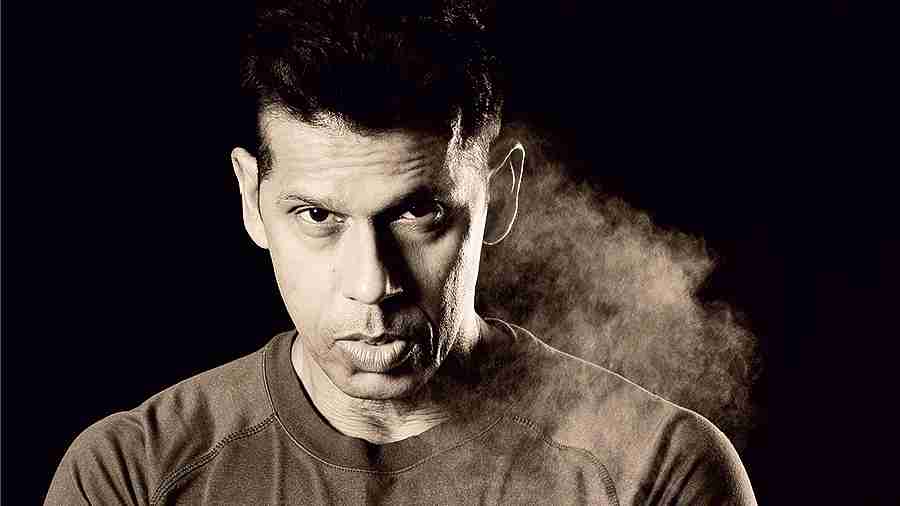I’ve been told that I should pay attention to glycaemic index, especially since I’m trying to lose weight. I was hoping you could give me a simple explanation of what the glycaemic index is.
The term glycaemic index (GI) has been in use in the medical community since the 1980s. It’s a measurement of how different types of carbohydrates affect blood sugar levels. Vegetable and protein sources have a low glycaemic index, whereas doughnuts, rice cakes, and low-fat descriptions, like low-fat ice cream, have a high glycaemic index.
Why is glycaemic index so critical when trying to cut calories?
In response to glucose in the blood, the pancreas releases the hormone insulin. The major job of insulin is to help cells take up glucose for use as fuel, storage, and maintenance. The amount of insulin secreted at any particular moment is proportional to the blood glucose level. Foods with a high glycaemic index are quickly converted to glucose and absorbed into the bloodstream, causing the body to respond by producing more insulin. When insulin levels suddenly spike, cells absorb all the glucose very quickly, leading to hypoglycemia. As a result, it makes one hungry for more. If you consume more, your digestive system will get overworked, and you’ll gain weight.
How can I keep motivating myself to go to the gym?
You need to start thinking about training the same way you think about brushing your teeth: Something that is always important to you and you need to get it done. Period. (The more you do it and see how it helps you, the more you’ll want to do it.) And yes, this isn’t a perfect comparison. It shouldn’t be like that. It takes more time to work out than to brush your teeth. The point is to ask yourself what you depend on to get your workouts done, how you see motivation, and what your top priorities are.
When should I go to the gym to get the most out of my workout? We’ve heard that working out in the morning is better because growth hormone level is higher. I tried it, but my weight went down a lot. Some people say that the best time is in the middle of the afternoon. What are your thoughts?
This is a classic example of how people look at one thing and make all of their decisions based on that one thing. As far as growth hormone goes, this is a bit of overkill. Getting into a sauna increases growth hormone, but so does being out in the cold.
German strength physiologist Theodor Hettinger did most of the research, and it seems that the best time to train is between three and 11 hours after waking up, as long as you always wake up at the same time. With three hours, there is a hormonal advantage, and with 11 hours, there is a neurological advantage. However, from my own experience, you can train yourself to have the best workout at any time of the day as long as you are disciplined enough to always train at the same time. During the summer, when I’m at my busiest, I like to work out at 6pm. It takes me about a week and a half to get used to it, but in the winter, I like to train around 11am.
The most important thing is to keep a good training diary and be determined to do better in the gym than you did before. When trainees don’t make progress, they come up with all kinds of excuses. You can sleep in the gym and hope to get stronger, or you can stay awake and get stronger.

You can train yourself to have the best workout at any time of the day as long as you are disciplined enough to always train at the same tim
As a personal trainer, I have two clients who are very overweight and are having trouble losing weight. During the last six months that I’ve been training them,they’ve become stronger, but they haven’t lost any fat, and I’m pretty sure they haven’t put on that much muscle. What else can I do? I’ve put them through interval training, circuit training, and strength training.
The main issue is nutrition, yet the great majority of obese individuals won’t be completely open with you about their eating habits. For them to have any chance at success, you will need to provide them with a thorough nutrition plan. That’s the easiest method.

Vegetable and protein sources have a low glycaemic index, whereas doughnuts, rice cakes, and low-fat descriptions have a high glycaemic index
Most of the gym members I talk to always have this to say: “Give me cardio”, “My doctor told me not to lift weights” and “I don’t want muscles.
Have you seen skinny joggers who weigh little but have a lot of fat on their bodies? When you do too much aerobic activity, fat builds up in the wrong places, like the stomach for men and the hips and buttocks for women. You also produce more cortisol, which raises your blood sugar, so your body makes more insulin, which means your body is less sensitive to it. In the long run, having more insulin resistance means that more fat will be stored. You might think you’re burning fat, but you might just be losing muscle and putting more fat in places where it will be hard to get rid of later.

ANWAR WAHHAB
The author is a mental performance mastery coach and strength and conditioning coach. You can reach him at anwarwahhab@awefitness.com
